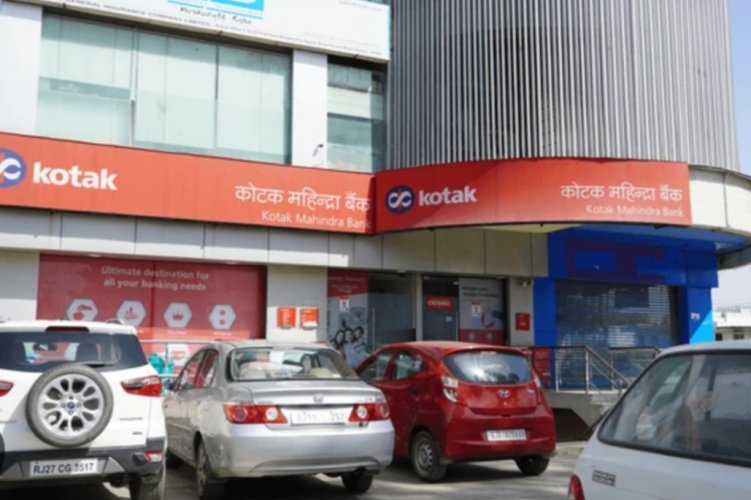
Banking reforms: The government is taking significant steps to reform the banking sector through the Banking Laws (Amendment) Bill, 2024. The proposed bill was green-flagged in the Lok Sabha on Tuesday and suggests 19 amendments to banking laws, including the Reserve Bank of India Act, the Banking Regulation Act, and the Banking Companies (Acquisition and Transfer of Undertakings) Act.
The overarching idea is to improve governance, protect depositors, enhance customer convenience, and streamline processes. The bill will now move to the Rajya Sabha for further deliberations and approval.
READ | Economic slowdown: A cyclical dip or a deeper malaise
The Banking Laws (Amendment) Bill, 2024
Tabling the bill, finance minister Nirmala Sitharaman said in the lower house that the legislation will not only enhance governance standards in the banking sector but also improve reporting consistency to the RBI, strengthen depositor and investor protection, elevate audit quality in public sector banks, and extend the tenure of non-chairman and non-executive directors in cooperative banks.
Among the major changes proposed, the amendment allows bank account holders to have up to four nominees for their accounts, with options for successive or simultaneous nominations. This is expected to improve claim handling, provide greater flexibility, and reduce complications for legal heirs. Having only one nominee can sometimes lead to issues when both the nominee and the account holder or locker holder pass away, leaving the assets without a valid nomination. However, locker holders will be restricted to successive nominations.
Unclaimed assets have been soaring, with amounts in banks reaching Rs 78,000 crore as of March 2024. This underscores the need for a better settlement mechanism in the public interest.
The bill has also raised the threshold for the ‘substantial interest’ limit for directorships. Previously, owning shares worth Rs 5 lakh or more was considered a substantial interest; now, this limit has been increased to Rs 2 crore. The government is also extending the tenure of directors in cooperative banks from eight to 10 years to align with constitutional provisions.
Additionally, directors of central cooperative banks can now serve on the boards of state cooperative banks. This recognises the interconnected nature of the cooperative banking system and the need for coordination between different levels of the structure.
Empowering public sector banks
The banking reforms also empower public sector banks to determine the remuneration of their statutory auditors. This proposed change aims to attract top talent by ensuring that auditors are adequately compensated, thereby improving audit standards and overall financial oversight.
Furthermore, the bill mandates banks to submit regulatory reports on the 15th and the last day of every month, replacing the previous practice of submitting them on the second and fourth Fridays.
Another significant change is the streamlining of the process for transferring unclaimed shares, interest, and bond redemption amounts to the Investor Education and Protection Fund (IEPF). Currently, public sector banks can only transfer unclaimed dividends to the IEPF, while private sector banks transfer a wider range of unclaimed assets. The amendment will ensure consistent practices across the banking sector and make it easier for individuals to claim their unclaimed funds.
Privatisation concerns
The bill faced opposition from members who claimed it would be a step towards privatisation. While Finance Minister Sitharaman stated that the bill would ensure better governance and enhance customer convenience, opposition MPs remained unconvinced.
Critics of the bill say that the amendment would serve as a backdoor to privatise the Indian banking sector. They are concerned about cybersecurity, the need for robust IT infrastructure, and fraud detection systems. Additionally, they highlight the importance of strict adherence to data privacy regulations. While the bill ostensibly seeks to improve bank guarantees and investor protection, critics say that its real intent is to reduce the government’s minimum holding in public sector banks from 51% to 26%.
Replying to concerns raised by MPs, Sitharaman said that public sector banks are now professionally managed. She added that banks are financially stable and no longer require government bailouts. They are capable of raising capital independently through various financial instruments, including bond issuance.
Banking reforms and public interest
While the banking reforms have several positives, it is essential to address the concerns raised by the opposition. The government must ensure that these reforms do not compromise the public sector’s role in providing affordable and accessible banking services.
Every type of bank—including public sector banks, private sector banks, regional rural banks, differentiated banks, and cooperative banks—plays a defining role in expanding banking outreach among all sections of society. The government must ensure that all types of banks are strengthened so that the Financial Inclusion index can rise even further.
As the government continues to support this crucial sector of the economy, the next phase of banking reforms must also be charted out. Industry insiders believe that it should gravitate towards strengthening governance, risk management, and compliance. Special attention needs to be paid to green financing to mitigate climate risks.
